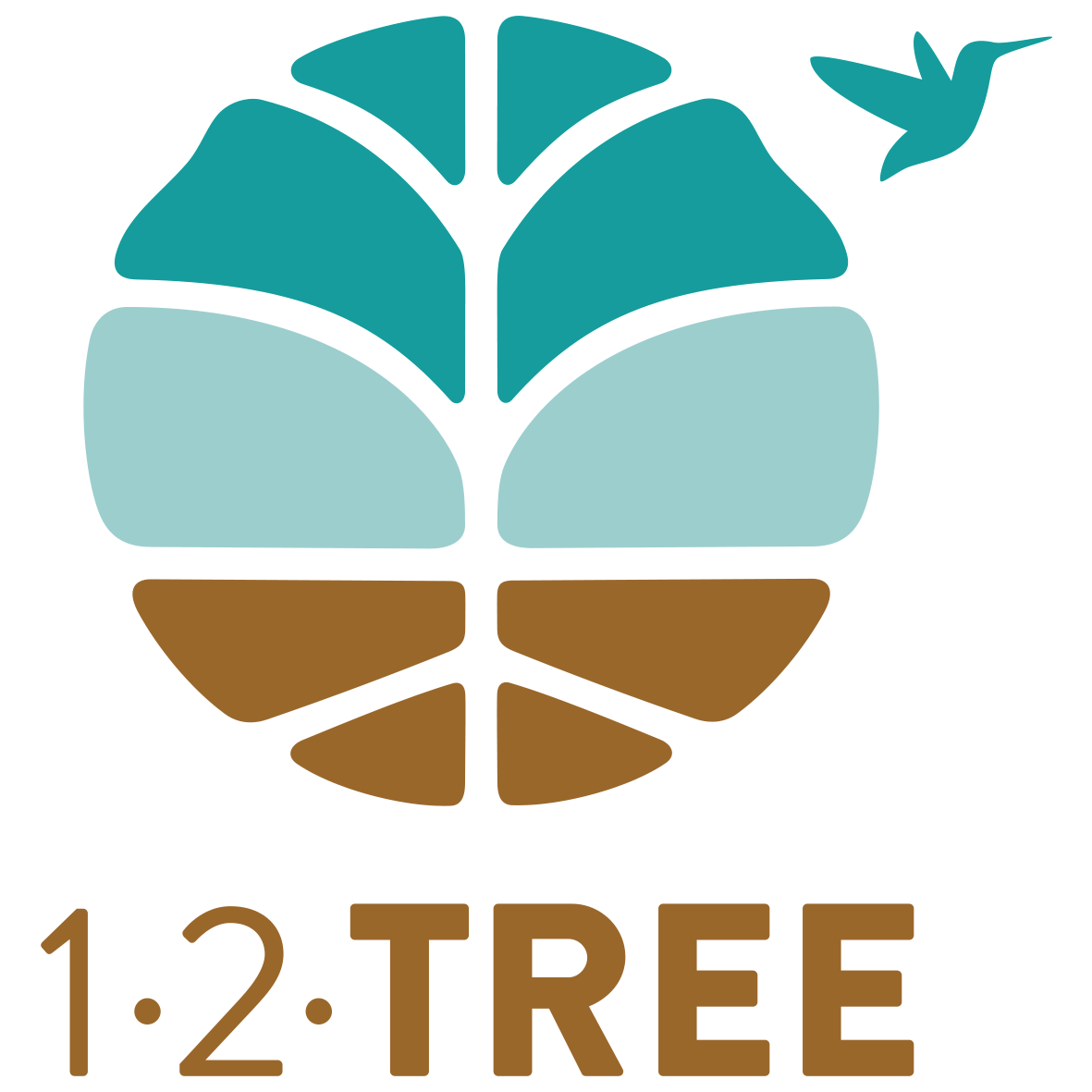#WEVALUEPEOPLE
The commodification of agriculture and food chains has transformed our society.
Crops and raw materials generally produced in the world’s rural areas now feed and sustain an increasingly urbanized and globalized population. On the one hand, commodity agriculture has made food more affordable and accessible. On the other hand, the very principles that underlie commodity agriculture- efficiency, economies of scale, and cost minimization- are often associated with a sort of “race to the bottom” where low prices are achieved at high environmental and social costs (1). Some of the obvious losers in this game are the small farmers, forced to compete in a heavily distorted market with ever declining margins, or abandon farming altogether (2). Similarly, agricultural workers have become an undervalued and expendable cog in the machine, often toiling under difficult or dangerous conditions for meager wages (3).
12Tree’s mission to de-commodify agriculture is founded in the belief that agricultural workers, farmers, and rural communities are the necessary foundation of global value chains and essential for climate adaptation. Intimately connected with the landscapes in which we produce and source our products, these rural communities are truly stewards of the land. Under their watchful care, ecosystems will be protected and restored. Moreover, the empowerment of local farmers is critical for achieving the Sustainable Development Goals of eradicating poverty (SDG1), abolishing hunger (SDG2), and sustainable production patterns (SDG12).
Starting with the initial conception and design of our farms, and continuously integrated into our on-going operational decisions, 12Tree seeks to maximize positive social impact in ways that are monitorable and measurable. At the foundation of our projects are good jobs, healthy working environments, and beneficial sourcing programs. This includes inclusive hiring processes and reliable contracts that provide fair salaries and benefits; safe, sanitary, and welcoming working environments that exceed the highest industry standards; and transparent, reliable, abovemarket offtake agreements with smallholder farmers.
Over and above this foundation, our focus on developing human capital leads us to invest in worker training to improve existing skills and knowledge and foster new areas of expertise. Local empowerment includes investing in basic community needs and working with communities to identify and address underlying structural issues. Finally, de-commoditize agricultural sourcing means creating mutually beneficial partnerships by: facilitating farmer organization and transparent communication; improving access to information, inputs and markets; and benefits sharing.
WATCH OUR COMMUNITY VIDEO
This article is an extract of the 2022 12Tree Sustainability Report. Download the report to learn more about our regenerative approach to farming illustrated in several farm case studies, articles and partner interviews.
References:
(1) United Nations (2011). The Global Food Crises. Available at: https://www.un.org/esa/socdev/rwss/docs/2011/chapter4.pdf
(2) De Schutter, O., Building Resilience: a Human Rights Framework for World Food and Nutrition Security, UN, 2008.
(3) Wilkinson, J. (2011). From fair trade to responsible: social movements and the qualification of agrofood markets. Environment and Planning A-43 (2011), pp. 2012-2026



